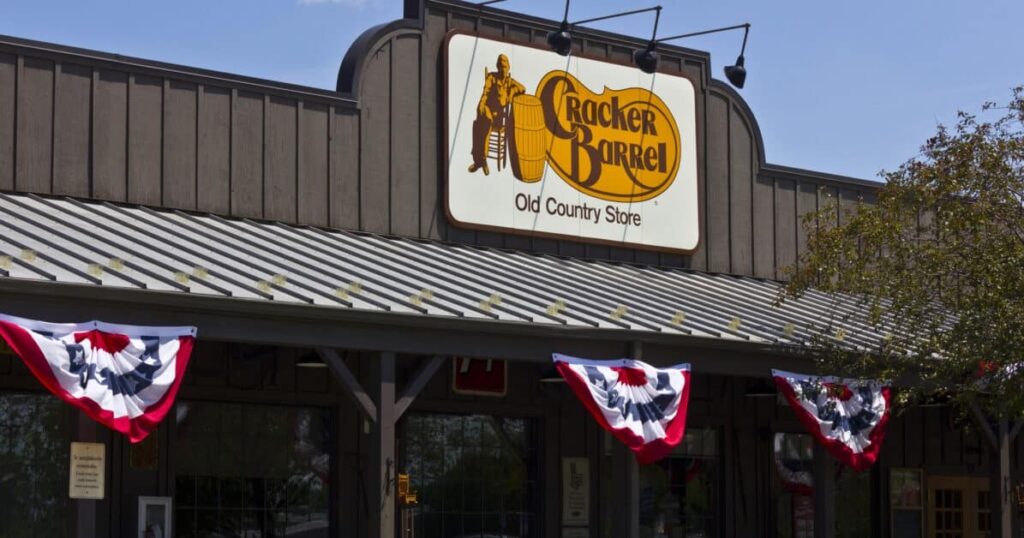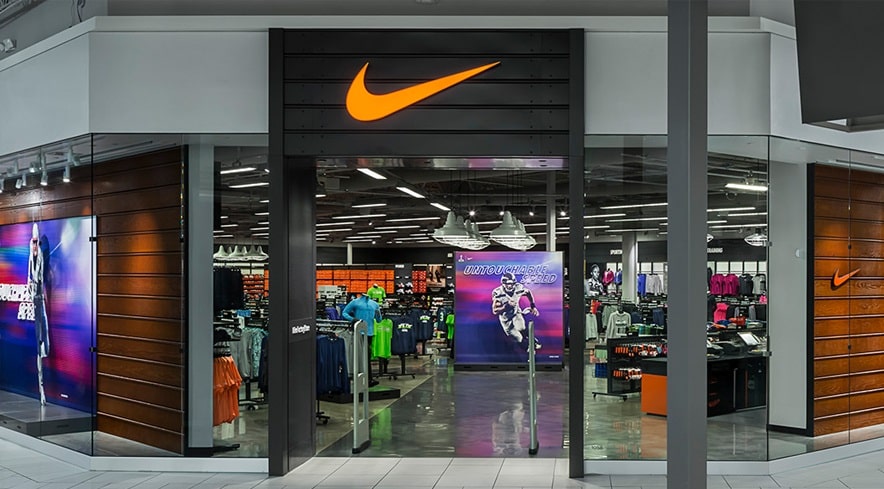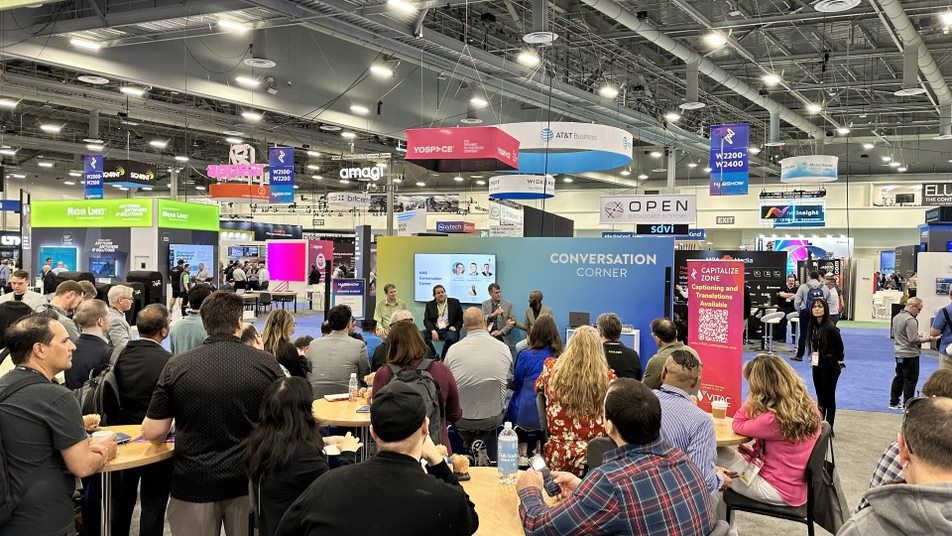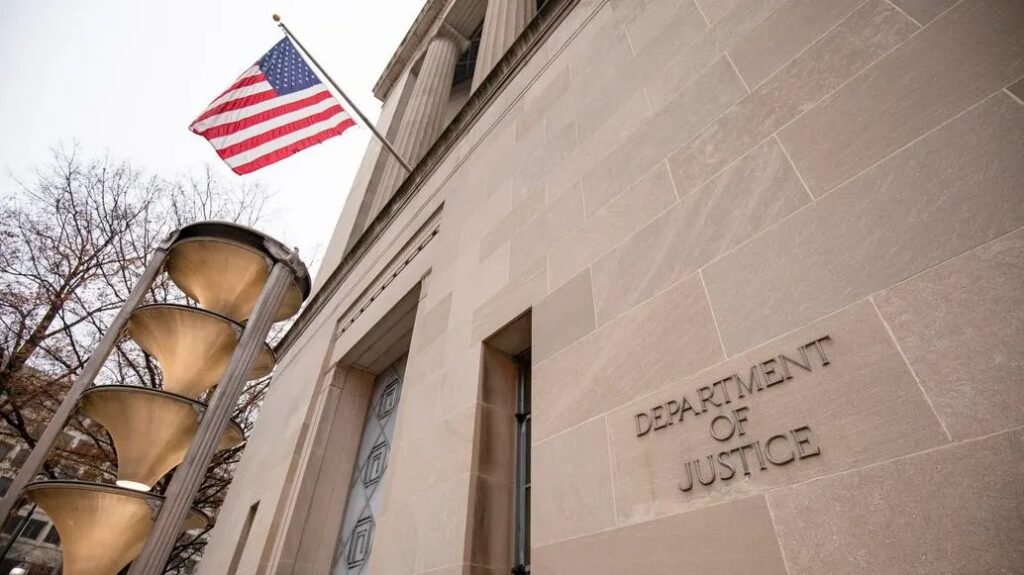Welcome to the latest edition of “ADA in the News,” featuring recent news, updates, and rulings regarding the Americans with Disabilities Act.
Nike has agreed to provide employees in its California stores with transparent face masks and pen and paper to accommodate customers who are deaf or hard of hearing for as long as its COVID-19 policy to provide face masks remains in effect.
The agreement, which still needs to be finalized, will settle a lawsuit filed by a deaf woman who said that she tried to shop at one of company’s stores but was hindered by Nike’s policy of providing opaque face masks to employees.
The suit claimed that the facemasks not only muffled sounds, but also blocked the wearer’s mouth and facial expressions. She argued that Nike had a duty under state and federal law to provide additional aids or other reasonable accommodations to customers who are deaf or hard of hearing to ensure they could communicate effectively with store employees.
As part of the agreement, Nike also pledged to post notices at California store entrances informing customers that accommodations are available for those who need them.
Cracker Barrel Settles Disability Discrimination Suit
 Restaurant chain Cracker Barrel will pay $15,000 to settle a disability discrimination lawsuit brought by the U.S Equal Employment Opportunity Commission (EEOC).
Restaurant chain Cracker Barrel will pay $15,000 to settle a disability discrimination lawsuit brought by the U.S Equal Employment Opportunity Commission (EEOC).
According to the suit, a man who is deaf applied online for a dishwasher’s position at a Maryland Cracker Barrel location. When he showed up for his scheduled interview, however, he was turned away by a manager and later rejected by the restaurant after repeated attempts to contact them. Despite this, the suit says that he was able to get a job elsewhere in the restaurant industry, including as a dishwasher.
The EEOC, in its suit, alleged that the manager who turned him away did so because of his deafness.
Disability discrimination in employment violates the Americans with Disabilities Act (ADA), which includes protecting disabled job applicants from inferior treatment because of their disability.
In addition to the $15,000, Cracker Barrel will be required to provide training on the ADA, including on non-discriminatory interviewing and hiring practices. The restaurant also must post a notice reminding employees of their rights under the ADA.
Agency Claims Company Refused to Interview Deaf Applicant
 An EEOC lawsuit claims that a distribution company with a facility in New York violated federal law by refusing to interview a qualified applicant because she was deaf.
An EEOC lawsuit claims that a distribution company with a facility in New York violated federal law by refusing to interview a qualified applicant because she was deaf.
According to the EEOC’s complaint, a deaf individual applied for two positions in McLane Northeast’s warehouse in Lysander, N.Y. The company contacted her the same day and left a message. She then returned McLane’s call using a Telecommunications Relay Service, which uses an operator to facilitate calls for people with hearing and speech disabilities.
After being contacted via the relay service, McLane did not return her call and rejected her application the next day. McLane filled the positions with hearing individuals.
Such alleged conduct violates the ADA, which prohibits employers from discriminating against qualified applicants based on their disability.
The suit seeks back pay, front pay, compensatory damages, and punitive damages for the applicant.
Hospital Sued Over Lack of Communications Access
A civil rights lawsuit has been filed against a New Hampshire hospital that alleges that medical facility failed to provide equal communication access to deaf and hard-of-hearing patients.
The complaint claims that Monadnock Community Hospital deprived deaf and hard-of-hearing patients of the accommodations they are entitled to under state and federal law for decades, despite past lawsuits and settlements.
The plaintiffs contend that the hospital violated the ADA, the Rehabilitation Act, and New Hampshire’s human rights and consumer protection laws. They seek declaratory and permanent injunctive relief, in addition to multiple types of damages.
The filing notes that, in 2013, the hospital settled with the Department of Justice after a patient complained that the center failed to provide her with appropriate communication access, required her to use inadequate or inappropriate auxiliary aids, and used her minor daughter as an interpreter while she was a patient.




